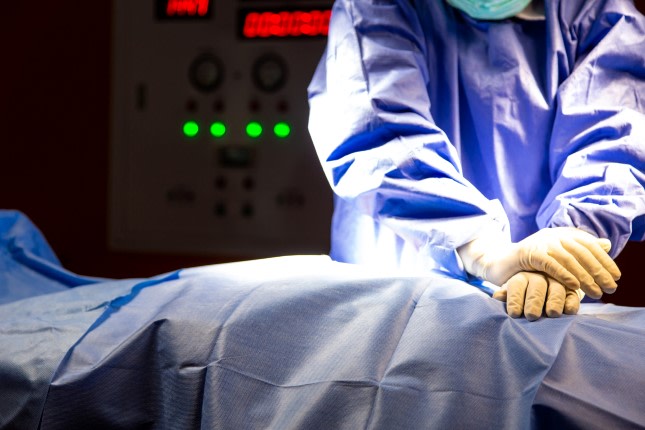What is resuscitation and critical care ?
Resuscitation and critical-care medicine is a specialty that covers the prevention, diagnosis and treatment of all types of dysfunction and failure of vital organs (lungs, heart, kidneys, liver, brain, etc.). It is used to treat patients in a critical condition but whose prognosis is potentially favourable. The diversity of clinical cases makes this specialty particularly versatile, and the physician is required to be knowledgeable about:
- Cardiology
- Pneumology
- Internal medicine
- Nephrology
- Haematology
- Infectious diseases, etc.
In addition, the physician must be completely familiar with a host of specific technical gestures.
Critical-care physicians, or intensivists, practice in the critical-care units (CCU) of healthcare facilities. The units are ranked by severity (in ascending order):
- Continuous monitoring unit
- Intensive care unit (ICU)
- Resuscitation unit.

What does a critical-care physician/intensivist do?
The critical-care service admits patients with one (continuous monitoring) or more (resuscitation) organ failures resulting from trauma, severe infection, acute disease (respiratory or cardiac failure) or surgery (most often following admission to A&E). The primary objective is to compensate for the failure(s) using technical equipment to provide:
- Respiratory assistance
- Cardiac assistance
- Circulatory or hepatic assistance
- Dialysis, etc.
The second step involves treating the cause of the failure in order to stabilise the patient. Depending on which organ has failed, the patient will then be transferred to the department best able to monitor their condition.
Comment fonctionne un service de réanimation ?
Patients can be admitted to the resuscitation unit 24 hours a day, seven days a week. Patients are brought there by ambulance (SAMU or SMUR), following surgery or if they have shown signs of acute failure elsewhere in the facility. The team comprises intensive care specialists (new qualification introduced in 2018) or specialists who have validated a specific critical-care diploma (DESC) or an anaesthetist-resuscitator and specialised medical staff.




